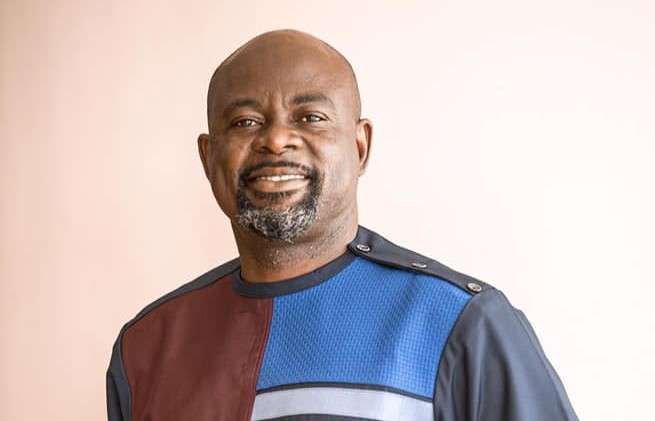In the vibrant world of gospel music, artists often draw inspiration from existing works, reinterpreting and reimagining songs to create fresh expressions of faith.
However, as the genre continues to evolve, there is an increasing call for gospel musicians to give credit to the original composers of the songs they borrow.
This practice honors the original creators, upholds the integrity of the music industry, and fosters a culture of respect and transparency.
Gospel musician, Bernard Amankwah has advised his colleague gospel musicians to give credit to original composers of songs they ‘borrow’.
The host of the Celebration of His Grace concert expressed frustration over the growing trend of what he describes as song theft and lack of recognition for the original creators.
Bernard Amankwah, who has been in the industry for over a decade and has witnessed first-hand the impact of this issue, explained that the situation not only infringed on the copyrights of original creators but also stifled the growth of the Ghanaian gospel scene.
He pointed out that the gospel genre, intended to inspire and uplift, gets tainted when such unethical practices persist.
“One of the issues in our industry that is worrying is people picking other people’s songs and not crediting them and then making commercial capital out of them. It’s disheartening to see fellow artists making hits from other people’s work and fleecing them yet giving them no credit.
“It’s not right for someone to just pick a song that one has written, rehash it, and profit financially from it. It is so wrong and we need to tackle it with a sense of urgency.”
Bernard Amankwah
He stated that people should take note of how composers invest time and resources into their work, respecting their efforts to be respected and valued. “When that doesn’t happen, it discourages creativity and innovation and that is very wrong,” he added.
Gospel music is characterized by its rich tradition and deep roots in African American culture. It has evolved over the decades, incorporating various musical styles, including blues, jazz, and contemporary pop.
As artists seek to connect with their audiences, they often rework existing hymns, spirituals, and contemporary gospel songs, infusing them with new life and personal interpretations.
While this creative process is essential to the genre’s growth, it raises critical questions about originality, ownership, and the ethical responsibilities of artists.
Need for Credit and Acknowledgment

Giving credit to original composers is a matter of respect. Every song has a story, and behind each melody lies the hard work and creativity of its creator.
By acknowledging the original artists, gospel musicians recognize their contributions and the cultural significance of their work.
In many countries, copyright laws protect the rights of songwriters and composers. Failing to credit original creators leads to legal repercussions, including lawsuits and financial penalties.
In an age where authenticity is highly valued, giving credit where it is due enhances an artist’s credibility. Audiences appreciate transparency and are more likely to support artists who respect their peers.
Despite the clear benefits of acknowledging original composers, several challenges persist.
The gospel music industry lacks standardized practices for crediting original composers. Establishing clear guidelines and encouraging adherence to them help normalize this practice.
Artists grapple with the notion of ownership when reinterpreting songs. It is crucial to differentiate between inspiration and appropriation, emphasizing that honoring original creators does not diminish an artist’s creativity.
Bernard Amankwah called for stronger measures to address these concerns and similarly entreated stakeholders, especially players in the gospel industry to come together to promote a culture of respect and integrity.
He believes in addition to preventing song theft, the industry must create a more supportive and collaborative environment to encourage gospel artists to share their messages and contributions with the world.
As gospel music continues to evolve, the call for artists to give credit to original composers is more important than ever.
By honoring the contributions of those who came before them, gospel musicians foster a culture of respect, integrity, and collaboration within the industry.
Ultimately, acknowledging original creators not only enriches the music but also strengthens the bonds within the gospel community, ensuring that the spirit of the genre remains vibrant and true to its roots.
READ ALSO: Government Takes Initiative to Enhance 21st-Century Education in Ghana























